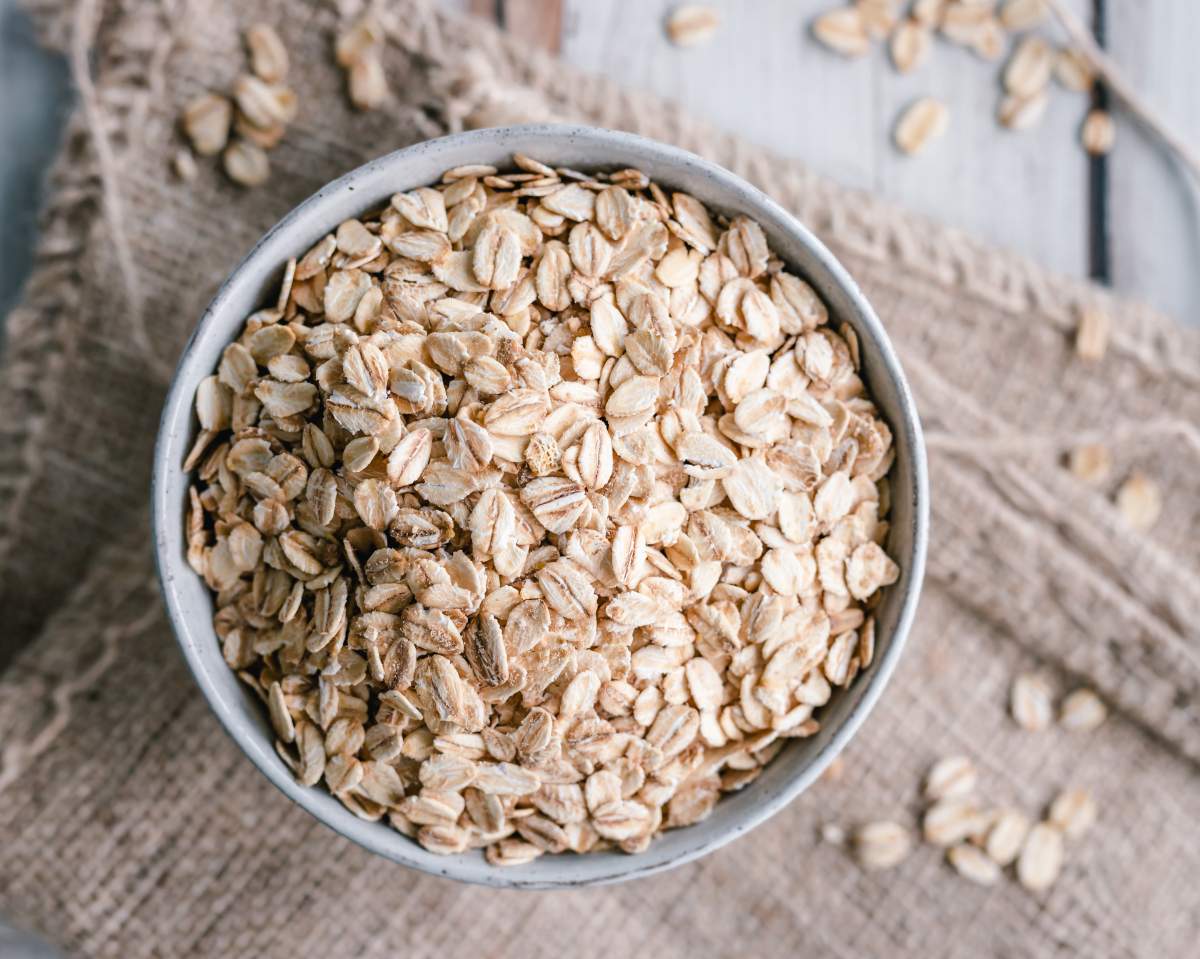A new social media craze is making the rounds with the emergence of a drink trend dubbed “oatzempic” promising remarkable weight loss outcomes. Yet, as excitement mounts, one nutrition expert cautions about the potential risks associated with this trend.

The name ‘oatzempic’ blends a reference to oats (the main ingredient in the drink) with a play on Ozempic, the popular weight loss drug made by Novo Nordisk. However, there isn’t a medical ingredient in the concoction, which consists of a half cup of rolled oats, one cup of water, juice from half of a lime and a dash of cinnamon.
Certain TikTok users claim they’ve shed 40 pounds within two months thanks to the drink. Another user said she lost seven pounds in 10 days with oatzempic.
One TikTok user said drinking the oatzempic drink twice daily has helped her lose weight. She added that historically, she has struggled with weight loss due to her polycystic ovarian syndrome (PCOS) diagnosis — but drinking the oat-based concoction twice a day has made a difference.
“I have never gotten results like I’m getting currently, with the help of this drink,” she claims in the video.
Natalie Riediger, an associate professor in the Department of Food and Human Nutritional Sciences at the University of Manitoba, said the oatzempic trend is a recent food fad she saw pop up, and believes these types of trends tend to “come and go.”

“For the last, I don’t know how many decades, we have had a preoccupation with weight loss. So this isn’t surprising,” she told Global News. “And of course, Ozempic has really penetrated the public consciousness.”

Get weekly health news
While acknowledging the nutritional benefits of consuming oats, she emphasized the importance of not solely relying on dietary trends for achieving sustainable weight loss.
Is consuming oatzempic good for you?
A small, steady weight loss of one or two pounds a week is much easier to attain and healthier for your heart than a larger drop, according to the Heart and Stroke Foundation.
This allows the body to adjust to the change and can lower the risk of developing strong cravings and feelings of deprivation that often accompany more rapid weight loss, the Harvard T.H. Chan School of Public Health said.
But those who consume oatzempic claim that it helps them lose up to five pounds per week, which Riediger called “concerning.”
Despite oats being a valuable source of fibre and B vitamins, she noted that there’s no evidence suggesting daily oat consumption aids in weight loss. She also pointed out that the drink lacks the necessary vitamins and minerals to effectively substitute a meal.

“There’s probably anecdotes of people losing weight off of almost any type of food or dietary pattern. But in terms of sustained weight loss, we don’t have good evidence about any specific diets,” Riediger said.
She also noted that the drink lacks essential nutrients.
“I wouldn’t recommend anybody consuming one of anything because on its own you wouldn’t be getting sufficient protein,” she said. “There’s some protein in oats, but it wouldn’t be a complete protein and (there are) other vitamins and minerals that you’re missing out on (such as) iron and calcium, which most Canadians don’t get enough of.”
Canada’s food guide suggests eating plenty of vegetables and fruits, choosing whole grains and eating protein foods, such as legumes and beans, as part of a healthy diet.
A play on Ozempic
Despite the name, the oatzempic drink does not contain Ozempic. Riediger believes it is just playing on the weight-loss trend and popularity of Ozempic to help it gain popularity on social media.
“Ozempic is recognizable,” she said.
She believes this diet fad is an example of how Ozempic has redirected cultural attention back to weight, potentially reversing the strides made by body-positive movements.
“There are adverse health impacts of dieting in general and weight preoccupation, such as disordered eating and other mental health impacts,” she said, adding that it also causes “fatphobia, weight stigma and discrimination.”

While acknowledging that consuming oats for breakfast is a healthy choice, she emphasized the importance of incorporating a variety of nutrient-dense foods rich in vitamins, minerals, protein and fats into one’s diet for optimal health.
For those considering weight loss for health reasons, she advised consulting with their health-care provider. But even with weight loss goals in mind, she stressed the importance of maintaining a balanced diet and adding regular exercise to one’s routine.








Comments
Want to discuss? Please read our Commenting Policy first.